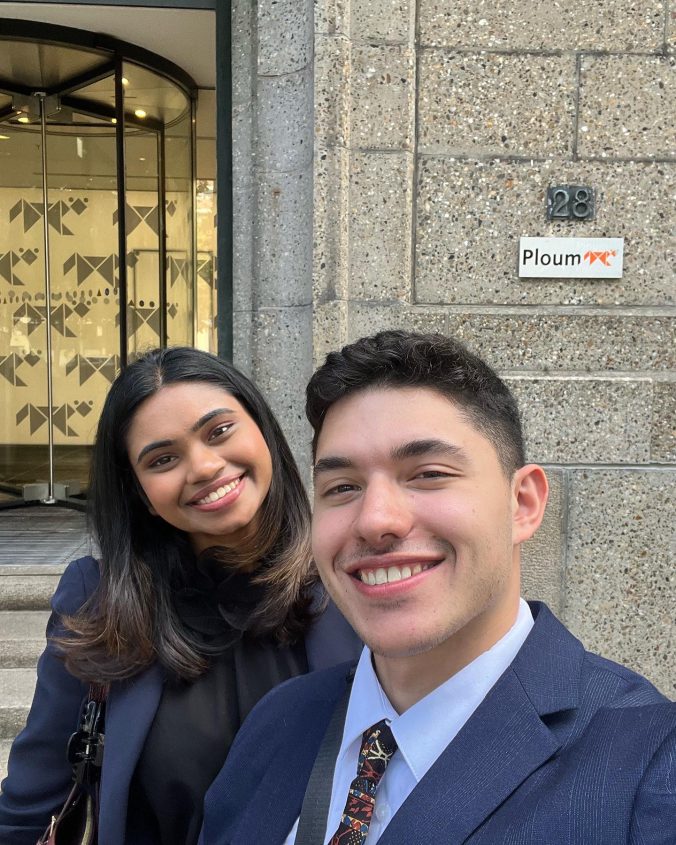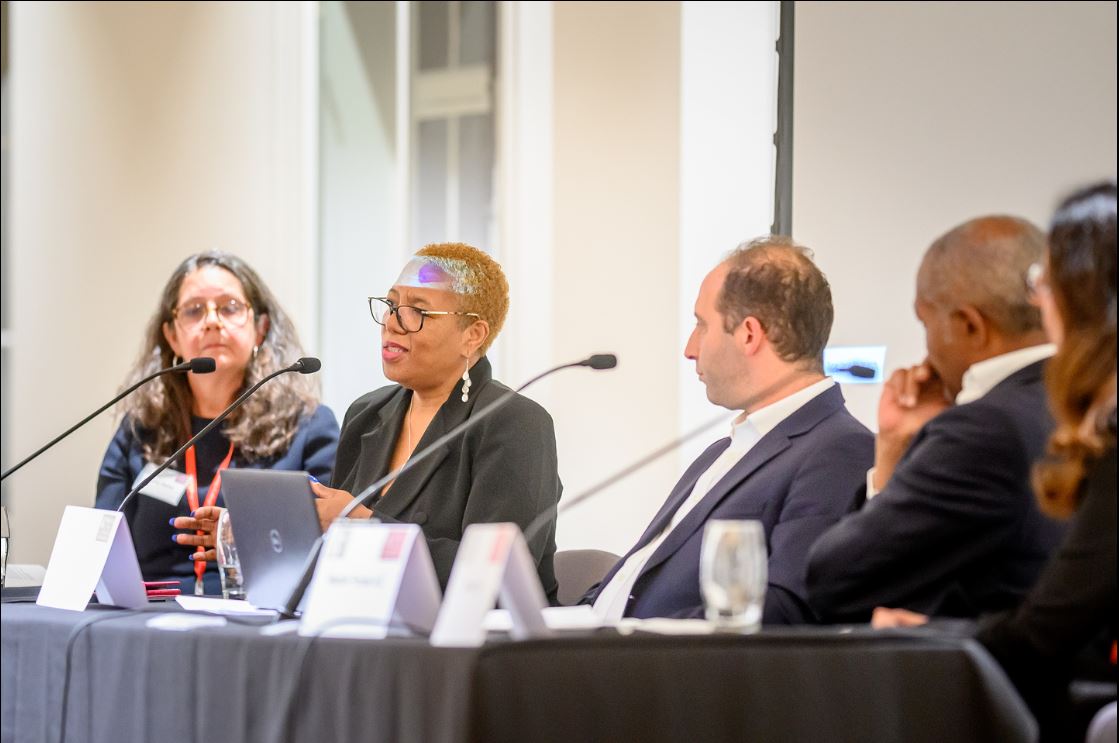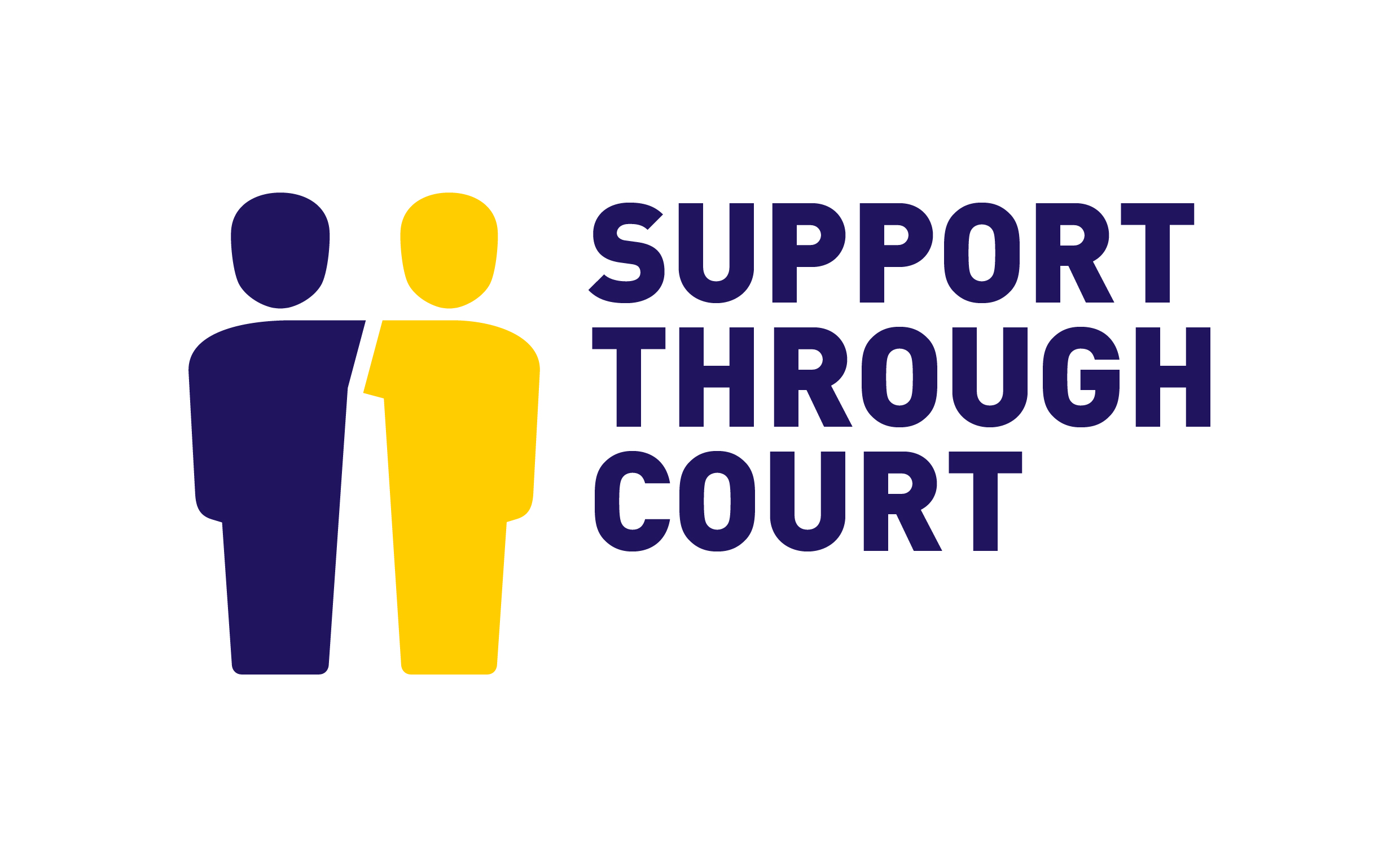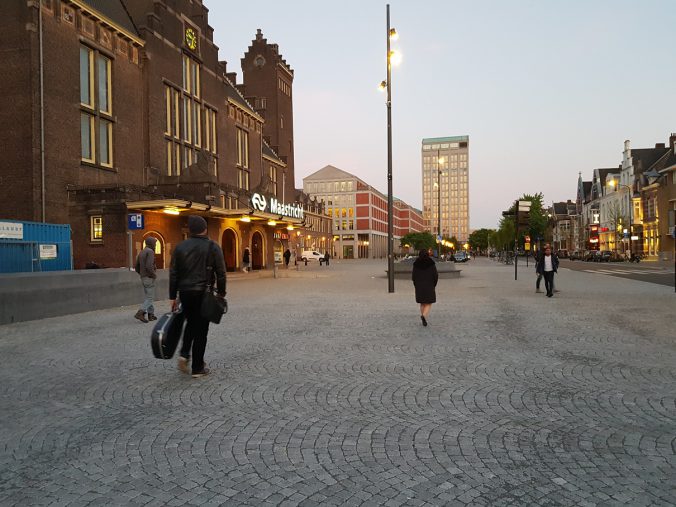What is the reality and what you can do about it?
The issue at hand
On Monday 18th November 2019, around 40 Law Clinics across the globe, who have committed to the Climate Justice Pledge participated in the inaugural global day of action. These law clinics recognise that climate change is one of the most significant justice issues of our time but not everyone feels its effects in the same way. Women, minorities and more vulnerable or marginalized people are disproportionately affected.
We need to ask ourselves, as citizens, as law students and practitioners – are we thinking about the legal and policy solutions to climate change? Are we enabling all facets of society to be a part of the solution?
The King’s Legal Clinic (KLC) has started to tackle these questions. KLC organised an event entitled Air Pollution: What is the reality and what can you do about it?. We heard from speakers Professor Martin Williams, who is an Air Quality Scientist within the Analytical, Environmental & Forensic Sciences department at King’s College London, and Ms. Jenny Bates, an Air Pollution Campaigner at Friends of the Earth.
Prof. Williams provided an overview of the problems linked to air pollution and their potential solutions. He addressed the topic under the light of the most recently published research and policy initiatives put forward in the field.
Ms. Bates discussed how activists have pushed for action at a local level around the globe and where progress remains a requirement for positive change. She also addressed the inherent inequalities which the lack of effective government policy has accentuated as different groups in society, especially the more vulnerable, are disproportionately affected by poor air quality.
London, we have a (transport) problem
Air pollution is a classic common action problem, like climate change. Individual cars and companies contribute to pollution which harms us all, but responsibility is thinly spread. Air pollution and climate change are also invariably linked through their overlapping causes and how the solutions to one can positively affect the other.
Prof. Williams spoke about the classic example of diesel fuel. Transport has become one of the main sources of carbon monoxide emissions, a greenhouse gas that contributes to climate change, and is also understood to be one of the main culprits of air pollution in urban areas through the release of noxious pollutants. These notably include nitrogen dioxide (NO2) and fine particulate matter (PMx). As such, transport has become a central concern for environmental policy-makers and regulators. Its presence and importance in people’s everyday lives means that solutions have to be sensibly implemented, whilst taking into account various factors including social acceptance.
As Ms. Bates pointed out, cities that embrace greener transport systems – electric vehicle charging points, more buses, cycle lanes or pedestrianised areas – have also seen parallel positive effects including general increase in wellbeing. Initially, when road facilities for cars are taken away, a transitional period can lead to what seems like more traffic, fumes escaping from idling cars and confusion. However, Ms. Bates explained these have shown to be temporary problems, if the appropriate alternative transport methods are put into place.
Ultimately, a decrease in the number of cars on the road and miles driven needs to happen especially since, as Prof. Williams pointed out, evidence points to Ultra Low Emission Zones (ULEZ) being one of the most effective measures to decrease air pollution.
Air pollution and its known adverse health effects
As our understanding of the science behind air pollution has increased – Williams noted “…the more research is done, the more evidence we find” for the relationship between concentration of pollutants and risk of death – it has become a pressing public health issue.
Londoners’ concerns with pollution in their city have gone from the mounting price of their laundry bill because of water pollution[1] to how air quality affects the stunted development of children’s lungs[2]. Laws like the Clear Air Act 1956 (the legislative response to “The Great Smog”) have helped, but a recent Royal College of Physicians report shows us there are still around 40 000 deaths a year attributable to air pollution.
Air pollution can be a difficult problem to portray. Its effects are insidious and can appear in the long-term. The personalisation of air pollution and its negative health impacts has become an important part of the activism dedicated to finding solutions. Ms. Bates spoke of the Ella Roberta Family Foundation, started in memory of Ella Roberta after she died of a severe asthma attack. Her mother, whose request for a second inquest investigating the link between Ella’s asthma attack and the illegal air pollution levels in her area was granted, wants poor air quality to be cited as one of her daughter’s causes of death. Ella lived 25 metres from London’s South Circular road.
A 2013 report[3] commissioned by the Greater London Authority found that 82% of the primary schools located in areas where Nitrogen Dioxide (NO2) levels were above the EU legal limit were considered deprived.[4] Black, Mixed or “Other” ethnic groups were also found to be more likely to be exposed to unsafe levels of NO2. Whilst NO2 levels have been decreasing, similar findings apply to Particulate Matters (PM), which are known to increase the risk of heart attacks and respiratory diseases and have been linked to premature death. This clearly shows that people from socioeconomic disadvantaged backgrounds are at higher risk of harm from air pollution, as are BME people. These findings undoubtedly highlight some of the inherent inequalities and injustices within our society. Future policies that don’t directly ask the questions “who mostly uses public transport?” and “who lives near busy roads?” fail to acknowledge these climate justice issues and inequalities.
When we think about these questions, we have to acknowledge the existing health inequalities and other injustices. Our solutions must rise to these challenges to ensure a fairer and healthier future for all.
Air pollution and climate justice – who does it affect and where?
Air pollution is not just an issue in cities in the ‘Global North’, nor is it unique to urban areas.
China and India have both had to tackle with acute air pollution. Pictures of the smog in Beijing, as well as social media posts tagged with #HelpDelhiBreathe have circulated around the globe. These issues with air pollution have been important drivers in China’s and India’s national climate policies
In rural areas, indoor air pollution is an important cause of death. UN Women estimates there were over 4 million premature deaths in 2012 from indoor air pollution[5] by cooking with solid fuels; 60% of which were women and girls. As women in some regions are traditionally responsible for their home’s energy collection and use, for example through the collection and burning of firewood, they are essential actors to attaining effective solutions that they also have most to gain from.
The negative effects of climate change, especially as manifested through their adverse effect on health, will continue to be a deeply impactful climate justice issue until effective and inclusive solutions are brought forward at local and national levels. Solutions that are not only normatively more attractive – taking care of the most vulnerable, amplifying voices of communities which have historically been silenced – but more likely to succeed on the policy field. The power of grassroots movements and including people we may not think have an interest in the climate has proven to have a strong impact. It is also understood that climate litigation, similar to the cases brought by ClientEarth challenging the UK’s illegal air pollution levels, is most effective or even dependent on citizens’ mobilisation.[6]
Solutions to air pollution and other climate justice issues need be participatory to be successful.
Striving for better solutions
Climate change is arguably the biggest challenge currently facing humankind, but not everyone is affected in the same way. Women, minorities and more vulnerable or marginalized people are disproportionately at risk. We found out that air pollution follows a similar pattern.
The event ended with a Q&A session which saw a series of diverse and interesting questions arise from an engaged but concerned audience. There was active discussion that showed people are passionate about these issues. The general themes which ran through these questions were “what can we do to make this better?” and “how can the law and lawyers help in finding effective, sustainable, long-term solutions?”.
Prof. Williams and Ms. Bates pointed to research and recent policy efforts, better monitoring and public awareness, local initiatives, implementation of legislation, and legal challenges which have helped to improve air quality. Nevertheless, they both agreed there was still much work to be done, and political will and effective funding was still lacking. While commenting on the importance of lawyers to fight for better air quality, they emphasized the importance of legal standards – the solid ground on which organisations like ClientEarth have brought spearheading legal claims – even where the science is certain. With an Environmental Bill[7] which has not been deemed “fit for purpose”[8], according to critics, and a near-future where the UK may no longer have to adhere to the environmental standards of the EU[9], we could be losing important elements required to hold authorities legally accountable for their negative actions towards our planet.
Whether at a local or global level, it is clear we need continued citizen attention and pressure, as well as clever lawyering, to keep the issue of air pollution on the political agenda, pushing for inclusive solutions for healthier and cleaner air for all.
Written by Lucia Saborio Perez
[1] House of Commons Debate, 23 May 1871, volume 206, column 1220
When discussing the water supply in London and the pollution of its rivers, Mr. Kay-Shuttleworth said “The question, as affecting laundries and the washing of linen, was important. They spent a great deal more in the washing of their shirts than they did in buying them. The total expenditure for soap in London was £1,000,000 a-year”.
http://bit.ly/2FFcAjE
[2] House of Commons Debate, 28 June 2018, volume 643, column 1120
During a debate on improving air quality, Dr. Philippa Whitford explained that “Some 4.5 million children—a third of them—are exposed to unsafe levels [of particulate matters]. If they live near a busy road, they have twice the rate of respiratory problems. We are talking not only about asthma, the obvious one, but about reduced lung development”.
http://bit.ly/2zRvgMV
[3] https://data.london.gov.uk/dataset/analysing-air-pollution-exposure-in-london?resource=0925e909-9e44-4de3-ae72-97497d3c8511
[4] In the UK, schools considered to be deprived are those with higher percentages of pupils who are eligible for free school meals.
[5] https://www.who.int/mediacentre/news/releases/2014/air-pollution/en/
[6] https://www.openglobalrights.org/climate-change-and-human-rights-lessons-from-litigation-for-the-amazon/ ; Talk given by Professor Neil Gunningham at Dickson Poon School of Law, King’s College London, ‘Averting Climate Catastrophe: Extinction Rebellion, Business & People Power’, 13 September 2019
[7] Environment Bill 2019
https://publications.parliament.uk/pa/bills/cbill/2019-2019/0003/20003.pdf
[8] https://www.parliament.uk/business/committees/committees-a-z/commons-select/environmental-audit-committee/news-parliament-2017/draft-environment-bill-government-response-19-20/
https://www.edie.net/news/11/Environment-Bill-passes-second-reading-against-widespread-criticism-from-MPs/
[9] Draft Environment (Principles and Governance) Bill 2018
https://www.gov.uk/government/publications/draft-environment-principles-and-governance-bill-2018



 The main reason I chose Legal Clinic as a law module in my final year is because I really wanted to see law in action. With all my other law modules, my understanding of the law had been from reading about it in textbooks, rather than seeing it applied in practice. I always wanted to go into Law as a career, but I had never experienced what this would involve. Legal Clinic therefore offered something completely different to what I had been used to in my degree. One of the best things for me was there was a huge variety of the types of cases available to work on.
The main reason I chose Legal Clinic as a law module in my final year is because I really wanted to see law in action. With all my other law modules, my understanding of the law had been from reading about it in textbooks, rather than seeing it applied in practice. I always wanted to go into Law as a career, but I had never experienced what this would involve. Legal Clinic therefore offered something completely different to what I had been used to in my degree. One of the best things for me was there was a huge variety of the types of cases available to work on.

Recent Comments